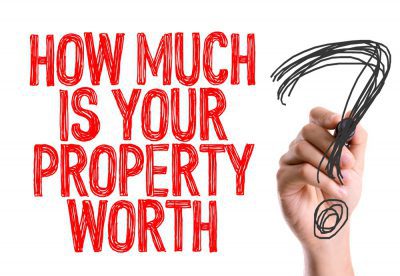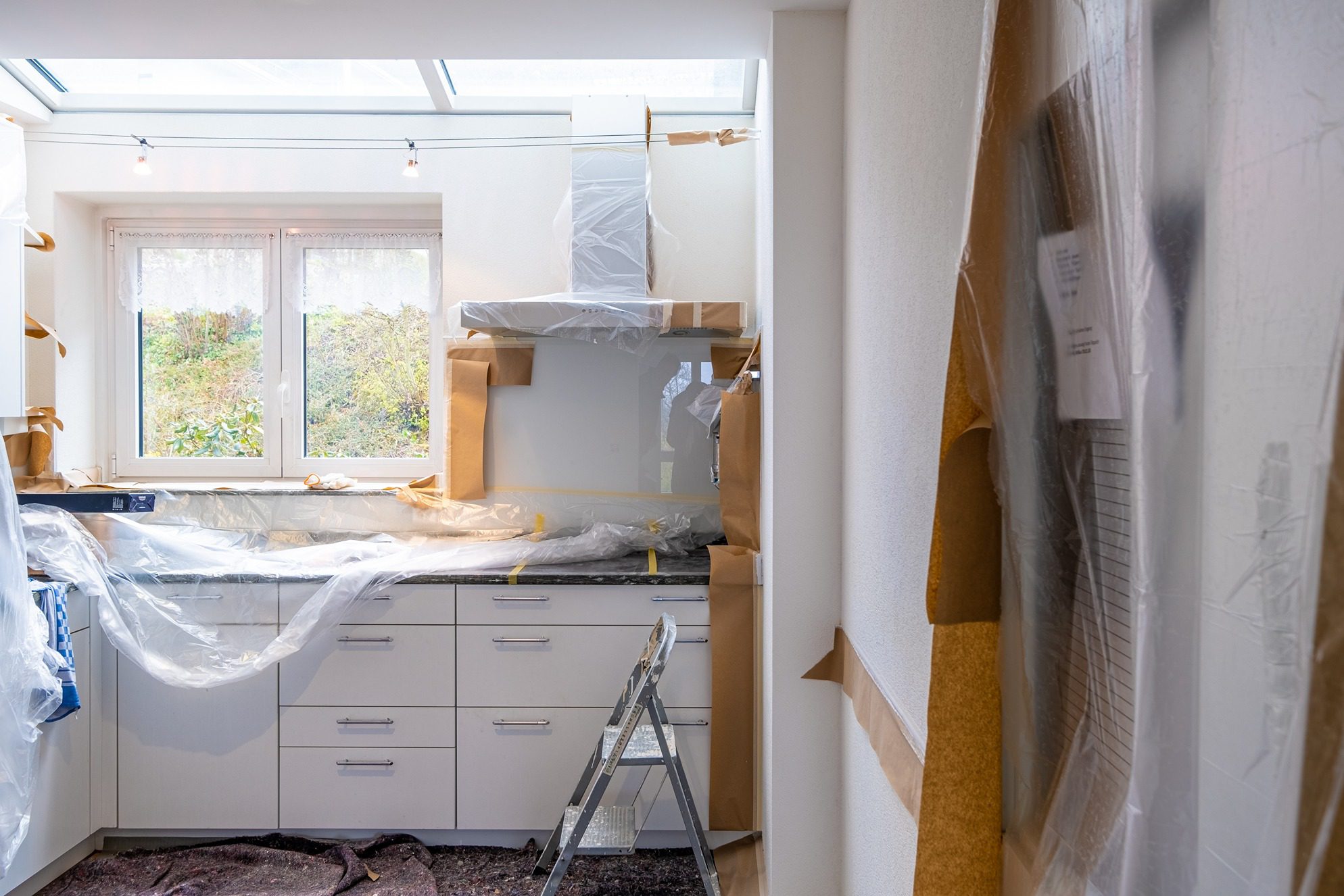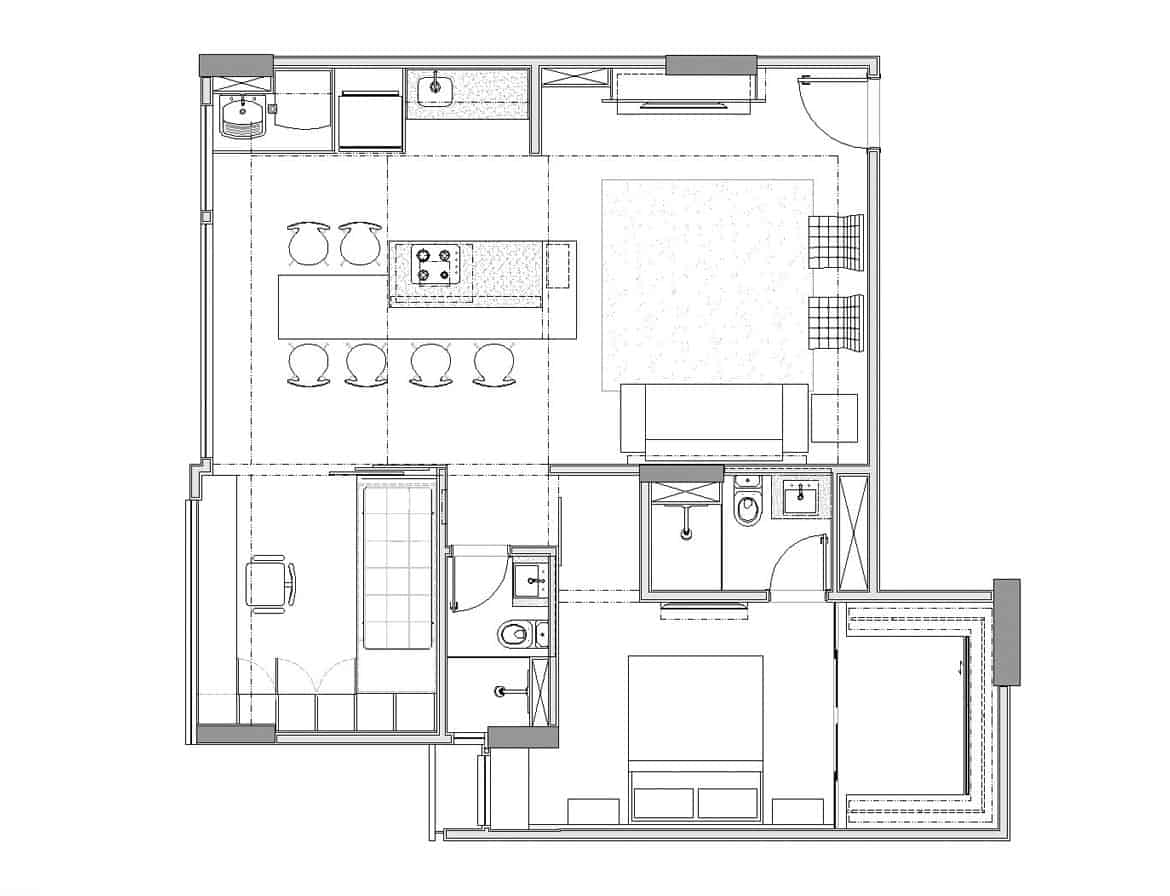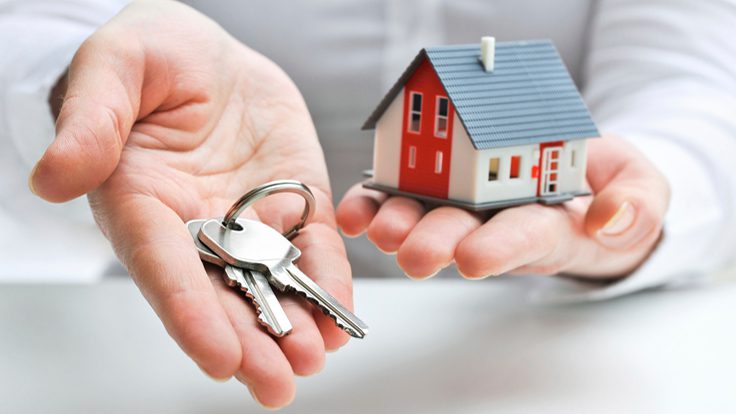Setting the right price for your home
Table of Contents
Setting the right price for your home is a delicate balance that can significantly influence the success of your sale. It’s about hitting the sweet spot where the value meets market demand. To start, consider getting a professional appraisal and researching comparable homes in your area. Factor in unique attributes of your property, like recent upgrades or a prime location.
Remember, pricing too high can deter potential buyers, while pricing too low might mean leaving money on the table. It’s not just about what you think your home is worth; it’s about understanding what the market will bear. A well-priced home attracts more interest, potentially leading to a quicker sale and even competitive offers.
Setting the right price for your home can be a daunting task, as it can have a significant impact on how quickly and easily your home sells. In this article, we will discuss some of the key factors to consider when determining the right price for your home, and provide some tips for setting a competitive and attractive price for potential buyers.
The Current Market Conditions
One of the most important factors to consider when setting the price for your home is the current market conditions. It is essential to have a clear understanding of what similar homes in your area are selling for, as this will give you an idea of the range of prices that buyers are willing to pay. You can research this information by looking at recent home sales in your neighbourhood, or by consulting with a real estate agent who is familiar with the local market.
Download Now: Property Sellers Guide [Free Access]
Condition Of The Home
Another important factor to consider is the condition of your home. Homes that are in good condition and have been well-maintained are likely to command higher prices than homes that are in need of repairs or upgrades. If your home is in need of repairs or upgrades, you may want to consider making these improvements before putting your home on the market, as this can help increase the value of your home and make it more attractive to potential buyers.
Property Details
You should also consider the size and layout of your home. Homes with more square footage, more bedrooms and bathrooms, and additional amenities such as a garage or a swimming pool, are likely to command higher prices than smaller or less well-appointed homes. The location of your home is also a significant factor that can affect its value. Homes located in desirable neighbourhoods or school districts are likely to command higher prices than homes located in less desirable areas.
Competition
When setting the price for your home, it is also important to consider the competition. If there are a large number of similar homes on the market in your area, you may need to set a lower price in order to be competitive and attract buyers. On the other hand, if there are few similar homes on the market, you may be able to set a higher price and still attract buyers.
Unique Selling Proposition
In addition to these factors, it is also important to take into account any unique selling points that your home may have. For example, if your home has a great view or is located near a popular park, this can be used as a selling point to justify a higher price. Similarly, if your home has recently been updated with new appliances, flooring or other features, this can also be used as a selling point to justify a higher price.
Consulting a Real Estate Agent
When it comes to setting the price for your home, it is important to be realistic and flexible. A good starting point for determining the price for your home is to consult with a real estate agent who has experience selling homes in your area. They will be able to provide you with an accurate and professional valuation of your home, and also give you an idea of how long it may take for your home to sell based on your asking price.
Homes Sold
Another good way to get a sense of what your home is worth is to compare it to similar homes in your area that have recently sold. This will give you an idea of what buyers are willing to pay for a home like yours, and help you determine the right price range for your home.
Negotiation
Once you have a good idea of what price to set for your home, it is important to be prepared to negotiate. Many buyers will try to negotiate the price of the home, and it is important to be prepared to make concessions in order to close the deal.
Conclusion
To sum up, setting the right price for your home is a critical decision that requires a blend of market savvy and objectivity. It’s important to take a data-driven approach, considering factors like comparable market prices, your home’s unique features, and current market trends.
A well-set price not only reflects the true value of your home but also maximises its appeal to potential buyers. Avoid emotional pricing; instead, rely on factual analysis and professional advice. Remember, the right price can make the difference between a home that sells promptly and one that lingers on the market. With careful consideration and strategy, you’ll be well-positioned for a successful sale.
Stay tuned with the realestatemy.com/blog for more up-to-date tips and guides for real estate marketing professionals.










